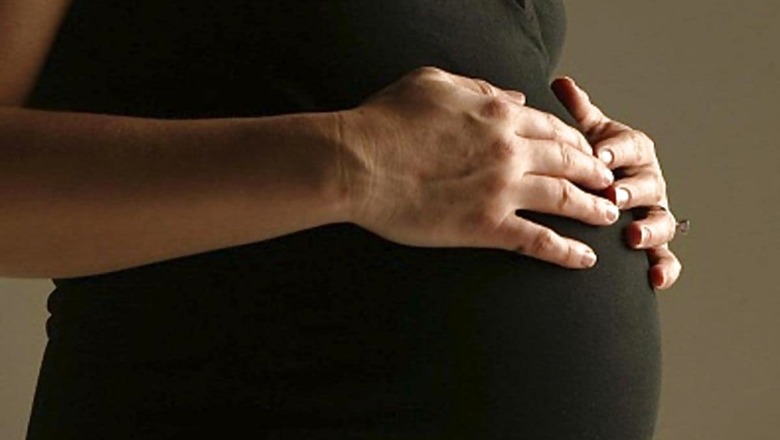
views
A miscarriage can be extremely distressing for couples who are trying to conceive. Yet, about 15% of all pregnancies end in a miscarriage and about 1 in every 100 women are at risk of recurrent miscarriage. Recurrent miscarriage is defined as the loss of two or more consecutive pregnancies.
Now, a study published in the open-access peer-reviewed journal eLife indicates that women who have a history of recurrent miscarriages have an altered perception of body odour as compared to those who do not. In particular, these women are better able to recognise the body odour of their spouses correctly. The researchers also found differences in brain structure and function in the two groups which have not yet been associated with repeated pregnancy loss.
While it may still take some time to confirm the findings of this study, here are some known causes and risk factors of recurrent miscarriages that you should know.
Causes of recurrent miscarriage
About 50% of all cases of recurrent miscarriage have no known cause. However, recurrent miscarriage can occur due to:
1. Hormonal problems: About 17 to 20% of all recurrent miscarriages occur due to endocrine issues, meaning conditions such as polycystic ovary syndrome (PCOD), chronic endometriosis, thyroid conditions and diabetes.
2. Anatomical problems: Anatomical problems like uterine polyps, fibroids and congenital abnormalities of the uterus account for about 10 to 15% of cases of recurrent miscarriage. These problems interfere with the blood supply of the uterus and interrupt placenta formation, leading to increased chances of miscarriage.
3. Genetic issues: About 2 to 4% of recurrent miscarriages occur due to a genetic defect in either of the parents. Poor sperm quality due to excessive chromosome damage in sperm is especially indicated to be a genetic factor.
4. Infections: Infectious diseases constitute about 0.5 to 5% of all causes of recurrent miscarriage. Some of these infections include toxoplasmosis, rubella, listeriosis and sexually transmitted diseases (STDs) such as chlamydia. The infection may affect the uterus itself or the placenta or fetus. An infected intrauterine device can be another cause of recurrent miscarriages.
5. Immunological issues: An autoimmune condition called antiphospholipid antibody syndrome can make the mother’s body attack their own blood vessels and lead to clotting. If this clotting occurs in blood vessels that supply the fetus, the fetus will be cut off from nutrients and oxygen and would not be able to survive. An antiphospholipid antibody test can be done to determine if you have this condition.
6. Environmental factors: Environmental factors that contribute to recurrent miscarriage include drinking alcohol, smoking, caffeine intake and frequent (could be occupational) exposure to some chemicals or drugs.
Risk factors for recurrent miscarriage
The following are some of the factors that can increase your risk of recurrent miscarriage:
- Chronic health conditions like diabetes or high blood pressure
- Uterine fibroids or polyps
- Obesity
- Older age (>35 years)
- Weak cervix
- Smoking or alcohol consumption
- A history of miscarriages
- Some invasive prenatal tests like amniocentesis also have a slight risk of miscarriage
For more information, read our article on Recurrent miscarriage.
Health articles on News18 are written by myUpchar.com, India’s first and biggest resource for verified medical information. At myUpchar, researchers and journalists work with doctors to bring you information on all things health.




















Comments
0 comment